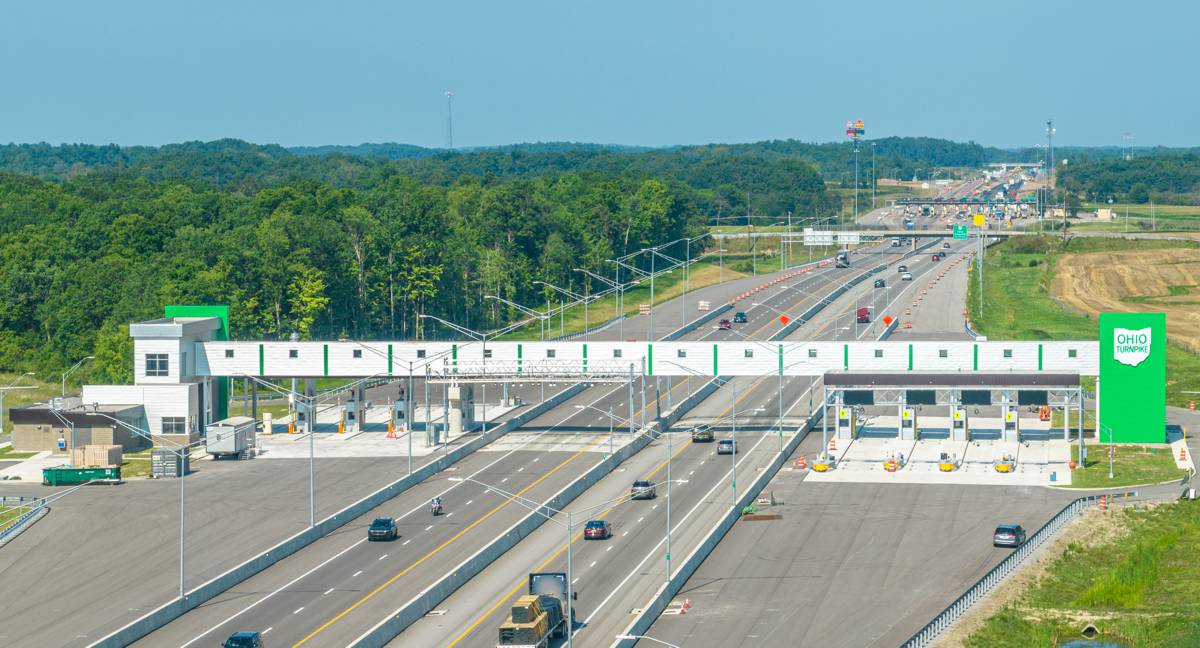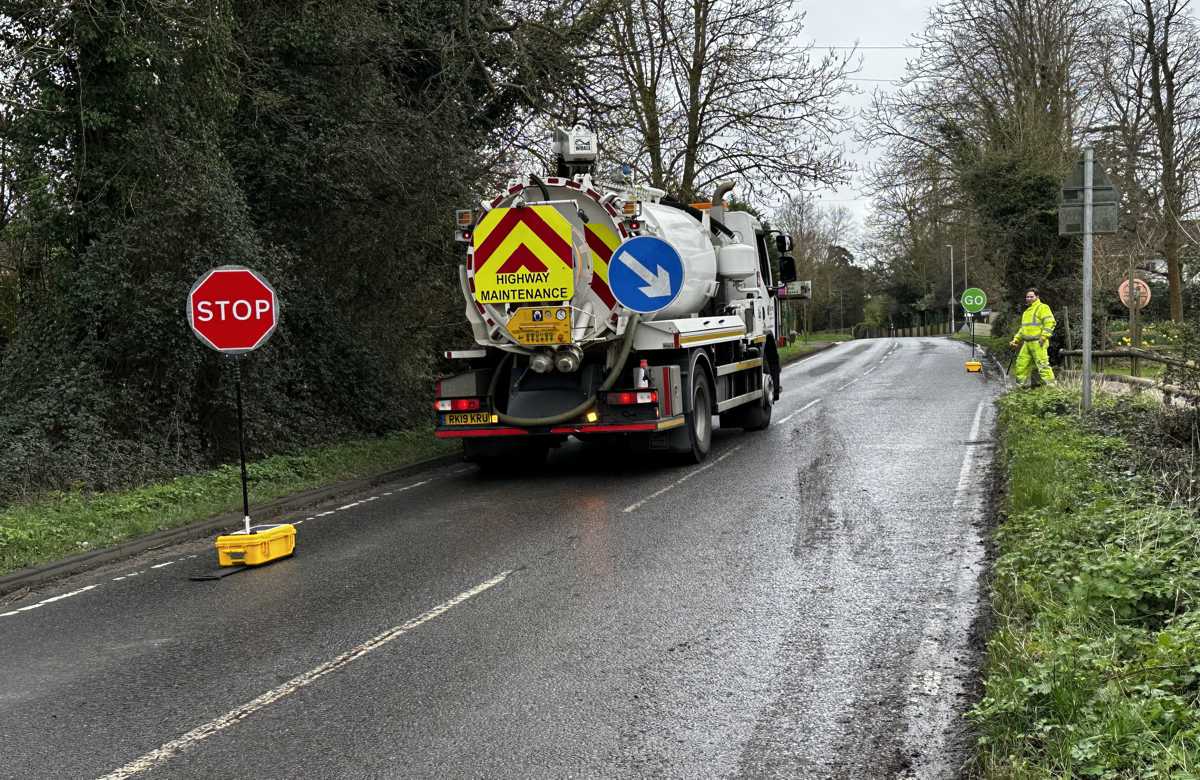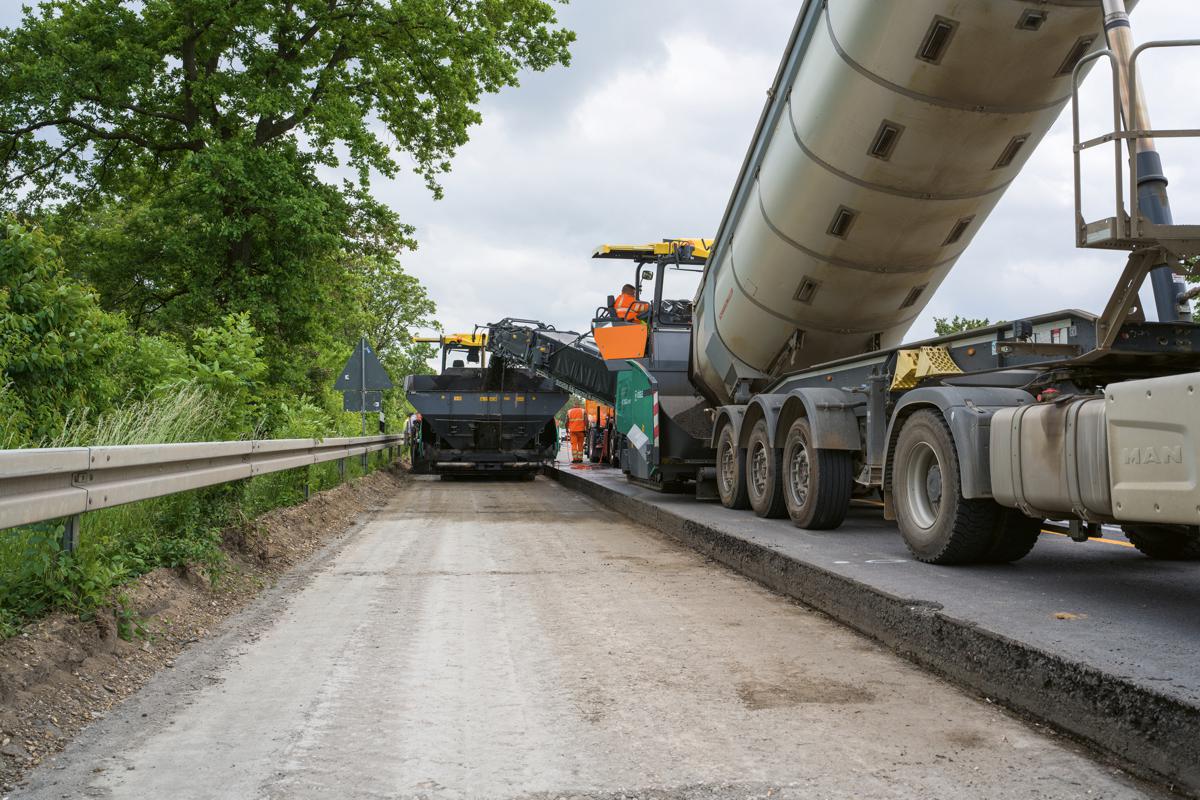Managing surface water and drainage crucial to prevent potholes
In response to the spiralling cost of fixing potholes across the UK road network, ACO Water Management has stressed the key role of effective surface water management in addressing the issue at source.
A recent survey has found that almost 1.7 million potholes were filled in by councils in England and Wales last year, amounting to a spend of £93.6 million. In a bid to reduce this unnecessary expenditure and minimise the danger posed by surface deterioration to motorists and cyclists, ACO Water Management has urged for a prevention rather than cure approach.
Due to its incompressible form, standing water on a road acts as a jackhammer when vehicles drive over it, causing the road to break up. Fluctuations in temperature can also result in the freeze-thaw effect, which further exacerbates the strain on the road surface.
Terry Wilkinson, Highways Application Engineer at ACO Water Management, comments: “It’s difficult to overstate the damage that standing water can cause, with potholes appearing in a matter of weeks in some circumstances. This is where it is critical to tackle the issue at source, by minimising surface water rather than simply treating the symptom. As we have seen, the long-term costs associated with filling in potholes is far greater than the investment required to introduce effective water management solutions.
“It is a two-stage process, because on the one hand you have to make sure the right solutions are put in place. Collection systems, such as ACO’s RoadDrain, are designed to remove water from the road surface, and should form a central part of planning. Equally important is the ongoing maintenance of drainage solutions, as this is integral to their long-term efficacy.”
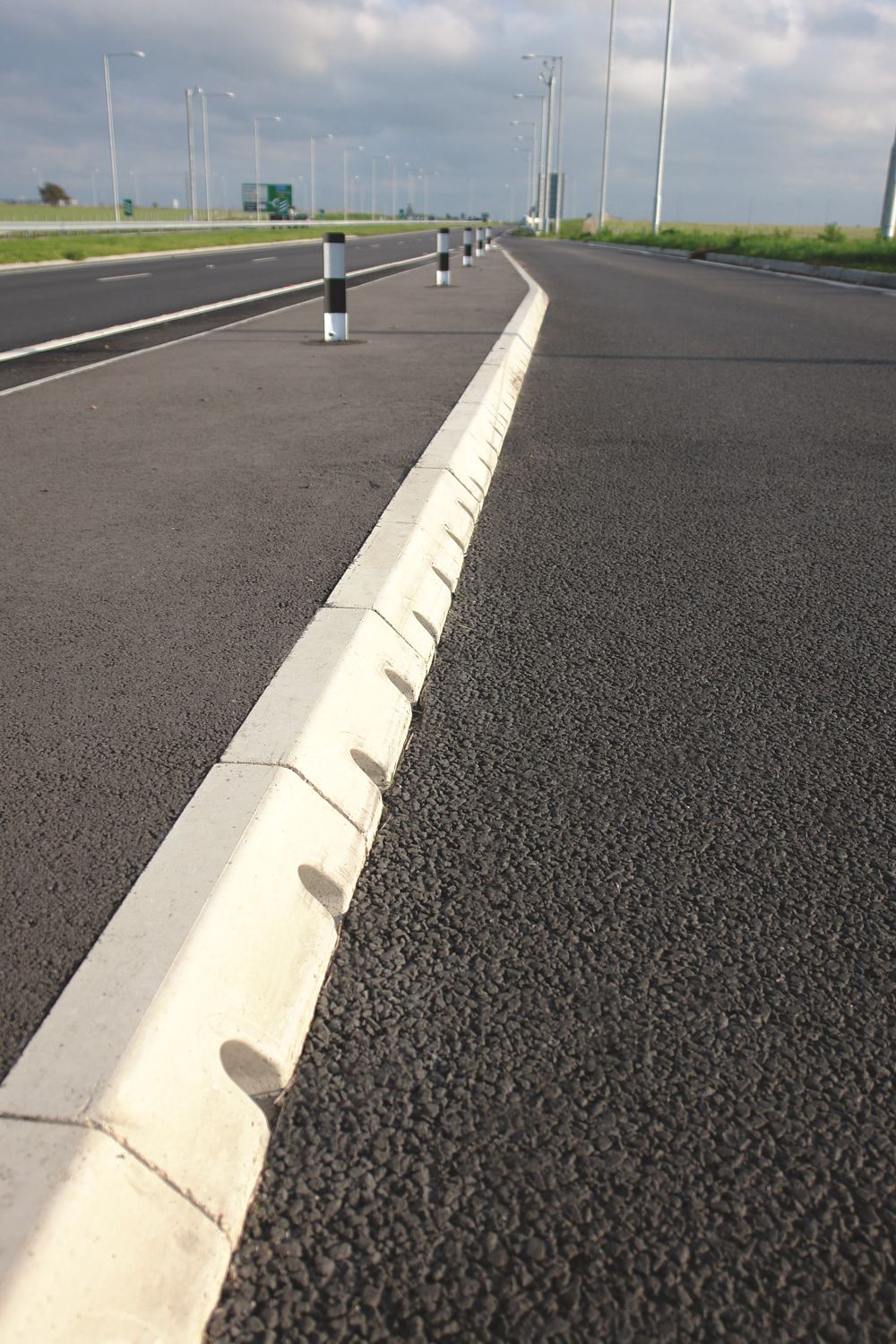
Regular maintenance is important across all water management solutions, but it is particularly critical for highway applications. Debris from the road is likely to impact a system’s hydraulic capacity, which limits how effective it is at taking rainwater away from the area, and ultimately reducing potholes. By adopting a systematic approach to cleaning drainage channels, instances of surface deterioration can be minimised.
Using software such as ACO’s free-to-use QuAD resilience tool allows users to test a proposed maintenance regime for a channel design, based on the anticipated sediment and silt build up. Combining the latest water management systems with carefully planned maintenance is the most cost-effective way to eliminate potholes and ensure ongoing road safety.
Terry continues: “It is important to note that the resilience of the UK road network is likely to come into even greater focus in the future. Unpredictable weather patterns will mean more extreme storms, and there remains uncertainty over how COVID will affect road usage, especially given a general reluctance to return to public transport.
“This essentially means that potholes will increase in prevalence unless action is taken to minimise standing water. By addressing the issue at source through effective planning and maintenance, those tasked with managing UK roads can deliver long-term savings.”
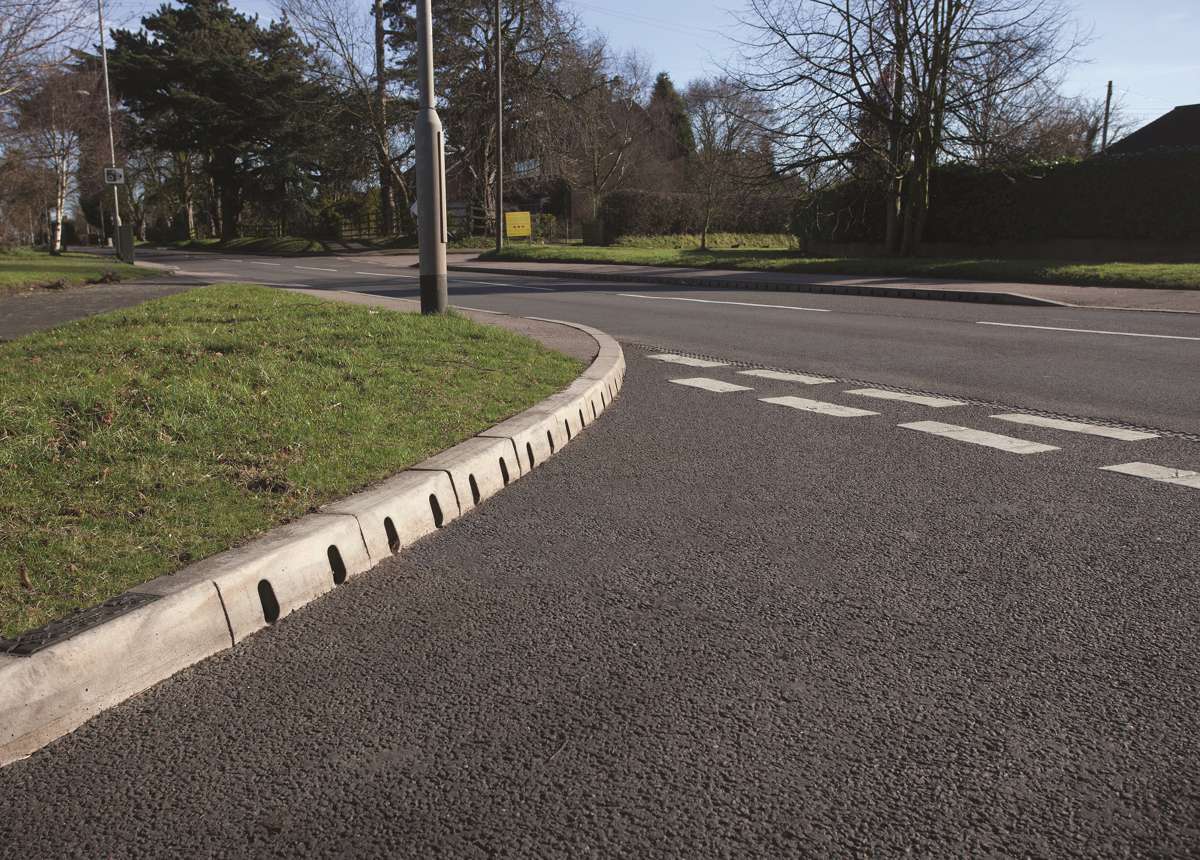
To help those in the highways industry get to grips with the latest water management solutions, ACO Water Management has a free CPD webinar on Managing Highway Surface Water, available on demand here.






